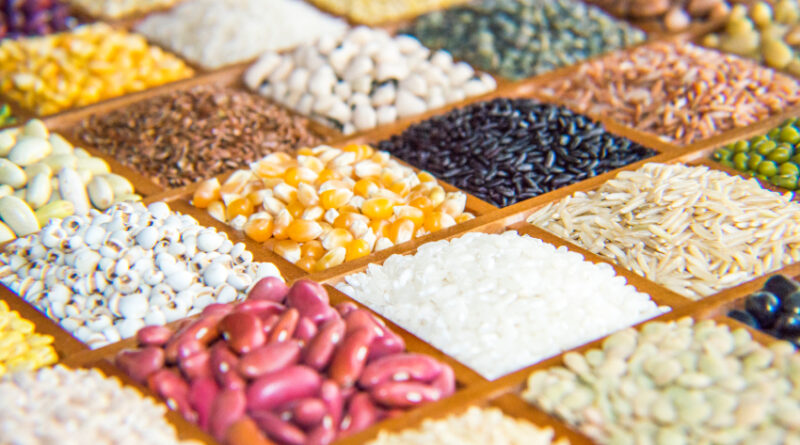Govt study predicts significant decline in yields of rice, wheat and maize by 2080 due to climate change
By Dhirendra Kumar
The government on Tuesday told Parliament that rainfed rice yields are expected to decline 20% by 2050, and that the situation will worsen dramatically by 2080, with output falling by 47% – if no adaptation measures are taken.
This drastic forecast is primarily due to changes in temperature and precipitation patterns, which are expected to become more erratic and extreme due to climate change.
Rain-fed rice yields refer to the rice produced in fields that rely solely on natural rainfall, not irrigation. But irrigated rice too could be hit.
In a written reply, minister of state for agriculture and farmers welfare Bhagirath Choudhary said, “Integrated computer simulation modeling studies revealed that, without adaptation measures, climate change projections regarding temperature and precipitation changes are likely to reduce irrigated rice yields by 3.5% by 2050 and 5% by 2080.”
Wheat yields are projected to drop by 19.3% in 2050 and 40% in 2080. “Kharif maize yields could decline by 18-23% in both 2050 and 2080,” he said in response to a question of Trinamool Congress member Deepak Adhikari.
In contrast to the projected reductions in key cereals, soybean yields are expected to increase by 3-10% by 2030 and 14% by 2080, the minister added.
‘Effects of climate change on agriculture becoming increasingly severe’
“Climate change has been affecting agriculture for several years and is worsening. According to recent indicators, its impact on agriculture is becoming increasingly severe,” said environmentalist Harjeet Singh of Satat Sampada, an organic farm.
“The changing climatic conditions are posing significant challenges for both farmers and the government. Over-reliance on technology has diminished traditional knowledge and green practices, such as seed saving. While lab-based solutions can provide temporary relief, they are not a long-term fix,” he said.
“The government should focus on developing better early warning systems and improving infrastructure for more sustainable solutions,” Singh added.
To mitigate weather-related challenges, the government implements the National Mission for Sustainable Agriculture (NMSA), which ha\s three major components—Rainfed Area Development (RAD), On-Farm Water Management (OFWM), and Soil Health Management (SHM).
RAD focuses on Integrated Farming Systems (IFS) to boost productivity and reduce risks from climate variability. It also aims to mitigate the effects of extreme weather events, such as droughts and floods.
The government also implements the centrally sponsored scheme of Per Drop More Crop (PDMC) to enhance water-use efficiency at the farm level through micro-irrigation systems. Additionally, Soil Health Management (SHM) aims to improve soil health to build climate resilience.
This article has been republished from The Mint.

